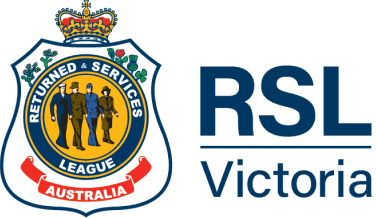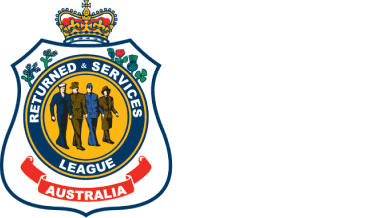Photography: Heidi Bell Photography
“You hear of stories like Vivian Bullwinkel’s, and I’m amazed by them. I just feel in awe of them. You see these women and they have paved the way for where we stand today.”
Major Dianne Hutchinson has, in her own way, touched thousands of civilian and veteran lives.
Growing up in Melbourne, Dianne knew she wanted to pursue a career helping people. She eventually moved to Sydney, where her journey into nursing evolved over time.
"I was always interested in nursing, but I had children, so I was a mature-age student when I got into it. I think my daughter’s illness and her death certainly superimposed my passion for going into the field of nursing."
Major Dianne Hutchinson
When the time was right, Dianne fulfilled yet another dream – to enlist.
In 2010 she signed up to the Royal Australian Army Nursing Corps. Now a major in the Army Reserve, Dianne has also worked in Continuous Full Time Service (CFTS).
As part of one CFTS stint, Dianne deployed overseas, taking much of it in her stride.
“To me, when you join defence, that’s what you’re joining for. It’s certainly what I wanted to do, and I believed I had the skills to do it.”
Dianne served in Iraq for just over six months, returning home shortly before Christmas 2017.
Based at the Taji Military Complex, Dianne called something that resembled a shipping container home.
“They were just sectioned off with paper-thin walls, with a window looking out onto another shipping container, essentially almost a dark room. The air conditioning had to be on pretty much all the time because where we were situated, we couldn’t open a window and get fresh air. It was just an austere environment - there’s no trees, no birds, just the hum of the generators, the planes, the noise. It’s gravel, dirt, mud, dust.”
The work environment proved to have its own challenges.
“The operating theatre and the intensive care were tents where we kept all our equipment we needed for those areas. An operating theatre and intensive care are the two biggest areas of your hospital with equipment needing to be sterilised, it’s very hard to keep those areas clean and sterile in that environment.”
“We had a small area that was a building - although not a building like we would know it - for the doctors to see patients, a pharmacy, an x-ray area, which was all under one roof.”
Cases weren’t necessarily complex.
“We did do surgeries, but nothing huge or catastrophic in the time that we were there. We were looking after the health of all our soldiers, so they’d come to us like it was a doctor's surgery.”
She says her homecoming was almost harder than the deployment.
"You come back, and life here hasn’t changed, it’s normal for everyone around you. They can’t and never will understand the environment that you’ve come from, the things you’ve seen, the people you’ve shared experiences with and the local nationals that you work with and the things they have and don’t have."
Major Dianne Hutchinson
She says she’s lucky to be in a position where her own service can support others.
Something that Dianne had a greater appreciation for while participating in the ADF Arts for Resilience, Recovery, Teamwork and Skills (ARRTS) Program.
The ARRTS Program was born out of a joint project between the ADF and The Sydney Theatre Company called The Long Way Home.
“We took soldiers that had become wounded or ill through service and asked them to tell their story to a director and writer. Out of that was born a play. We travelled around Australia where the soldiers, plus a few professional actors, performed their stories on stage. I was the nurse that cared for them.”
In 2015, Dianne was appointed lead nurse for the ADF ARRTS program, which is still ongoing today. ADF ARRTS is a four-week residential program that helps build confidence and resilience in people who are experiencing health and wellbeing challenges related to service in the ADF, ACT Emergency Services, and the Australian Federal Police.
She says her involvement in the program has been a career highlight.
"Working with those who have suffered during or because of their service is a humbling opportunity, I’ve cherished seeing them move through their recovery and rebalance their lives."
Major Dianne Hutchinson
Dianne says she is fortunate to be able to lean on her partner of 30 years, Emma, a full-time nursing officer in the army, who encourages and supports her.
“We often talk about the things we’ve seen and done in our lives, both civilian, defence and personal. We are very good at sounding all those things out.”
In between her Reservist duties, Dianne is a valued member of Coffs Harbour Health Campus intensive care.
She believes her military service draws on her civilian career and vice versa.
"There are quite a few things that we do and experience in Defence that we never would in our civilian jobs. My employer is a big supporter and believes the time I have away in Defence allows me to bring back skills to the ICU that are helpful."
Major Dianne Hutchinson
At 65 years old, Dianne knows her time as a nurse in the ADF may be near the end, but she’s determined to continue to give it her all.
“I just feel that I’ve got so much more to give.”

